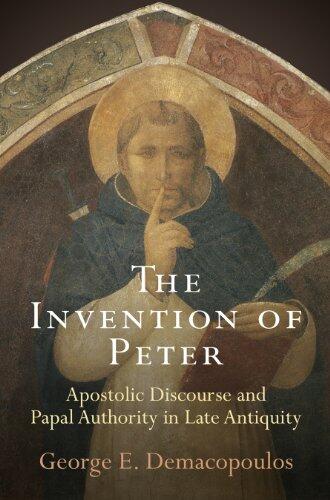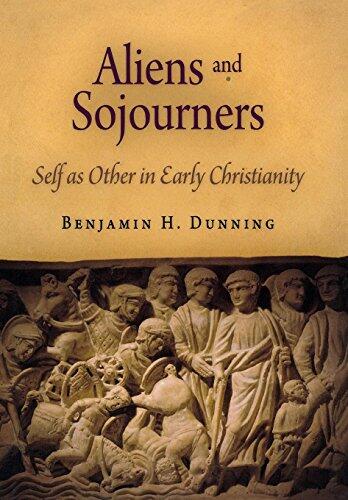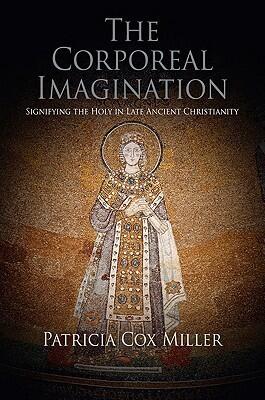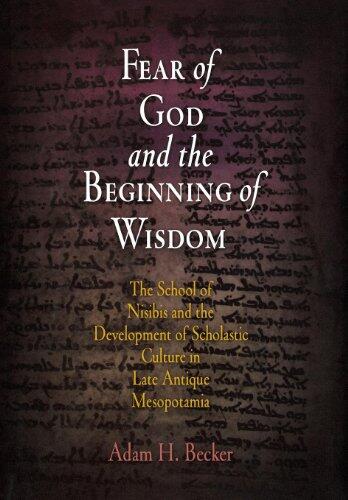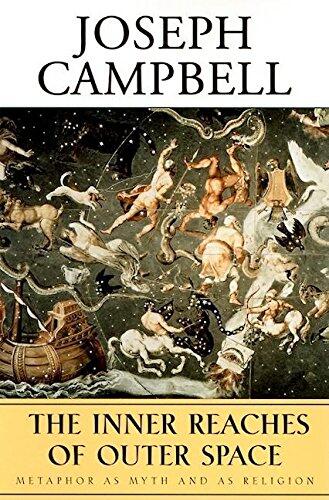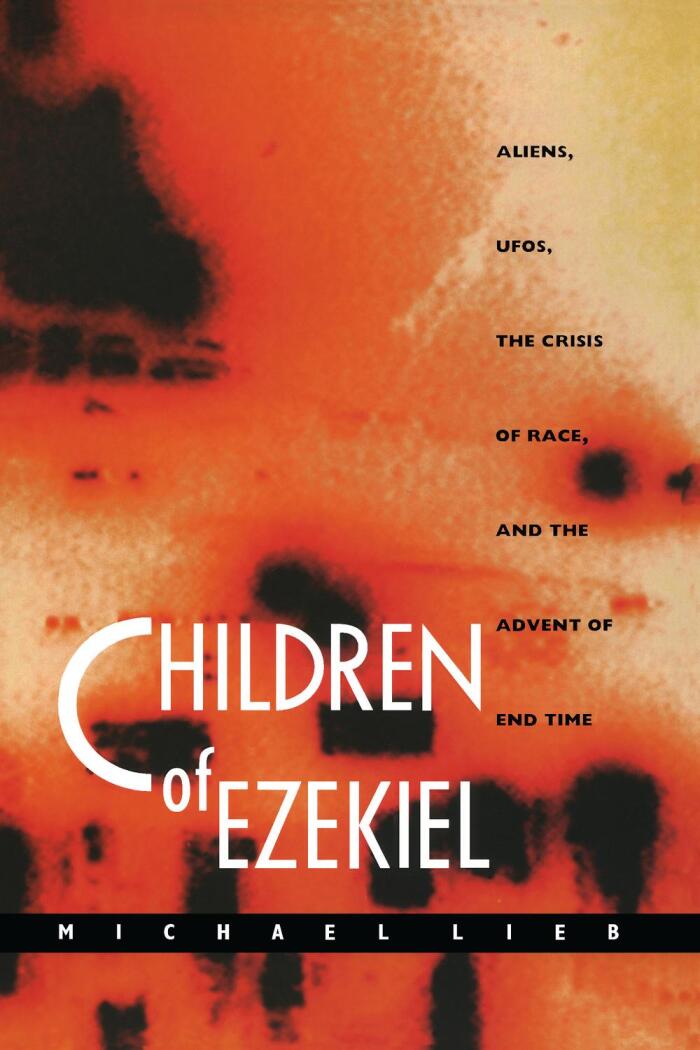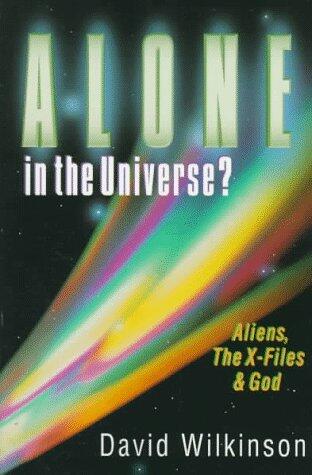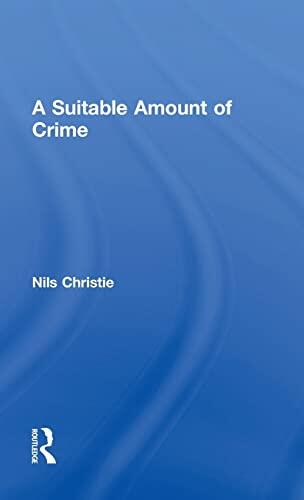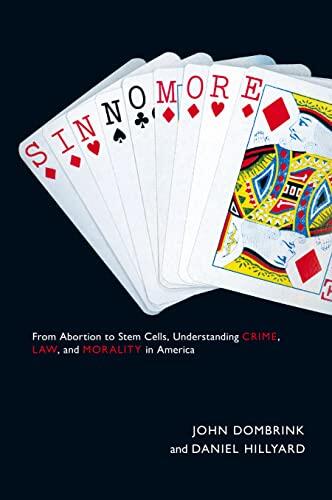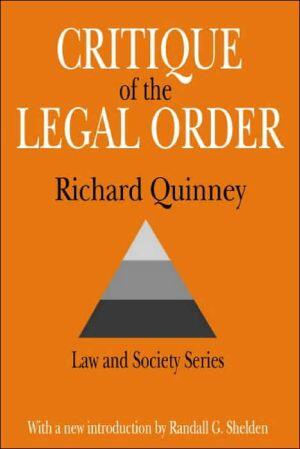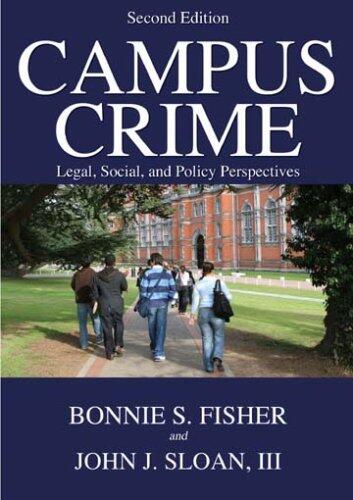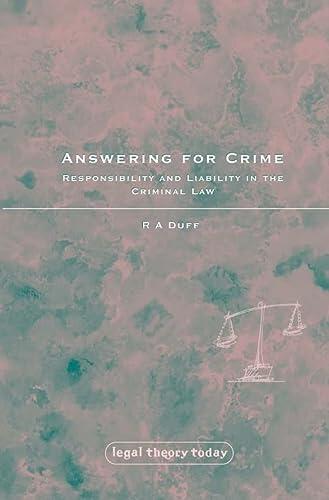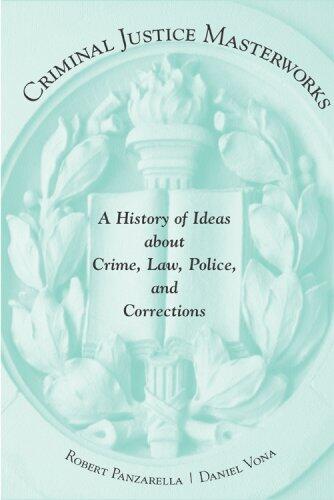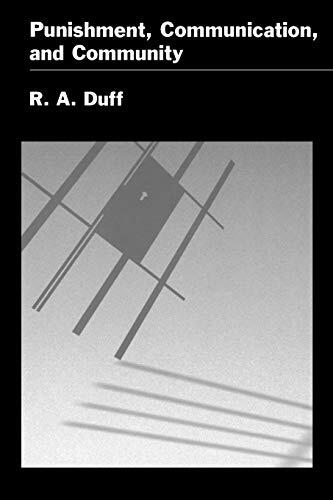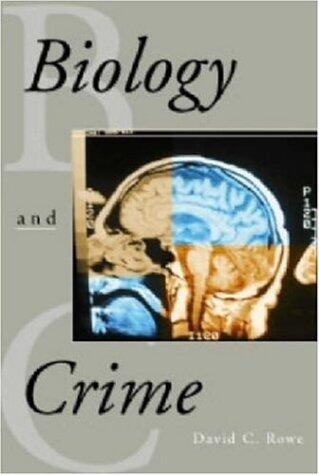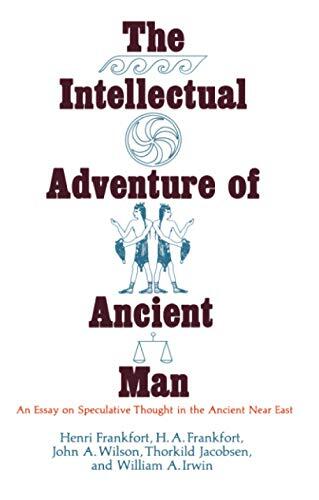
Specters of Paul: Sexual Difference in Early Christian Thought
还没有评分
Mystery
Religion & Spirituality
History
+2
more
格式
精装书
页数
264
语言
英语
已发布
Mar 7, 2011
出版商
University of Pennsylvania Press
ISBN-10
0812243072
ISBN-13
9780812243079
描述
In "Specters of Paul," Benjamin H. Dunning delves into the complexities of early Christian thought, unpacking the intricate relationship between sexual difference and theological frameworks. He explores how theological monism influences perceptions of the female body, highlighting the tension that arises when diverse identities are confronted with singular theological narratives. Dunning's analysis reveals a landscape where desires and the feminine are often marginalized, calling into question established norms and encouraging a re-examination of early Christian texts.
Through a careful examination of specific passages and their implications, Dunning unveils the underlying currents of desire that shape early Christian identity. He emphasizes the importance of understanding sexual difference not just as a social or biological construct but as a dynamic element woven into the fabric of theological discourse. This perspective invites readers to reconsider how notions of unity and exclusivity in theological thought can obscure the richness of female experience and expression.
As Dunning navigates these complex issues, he challenges readers to engage with the specters of early Christian thought—ghostly remnants of ideas and beliefs that continue to resonate today. His work ultimately invites a deeper engagement with the legacy of these texts, urging a more inclusive interpretation that honors the diversity of the human experience within early Christianity.
Through a careful examination of specific passages and their implications, Dunning unveils the underlying currents of desire that shape early Christian identity. He emphasizes the importance of understanding sexual difference not just as a social or biological construct but as a dynamic element woven into the fabric of theological discourse. This perspective invites readers to reconsider how notions of unity and exclusivity in theological thought can obscure the richness of female experience and expression.
As Dunning navigates these complex issues, he challenges readers to engage with the specters of early Christian thought—ghostly remnants of ideas and beliefs that continue to resonate today. His work ultimately invites a deeper engagement with the legacy of these texts, urging a more inclusive interpretation that honors the diversity of the human experience within early Christianity.
